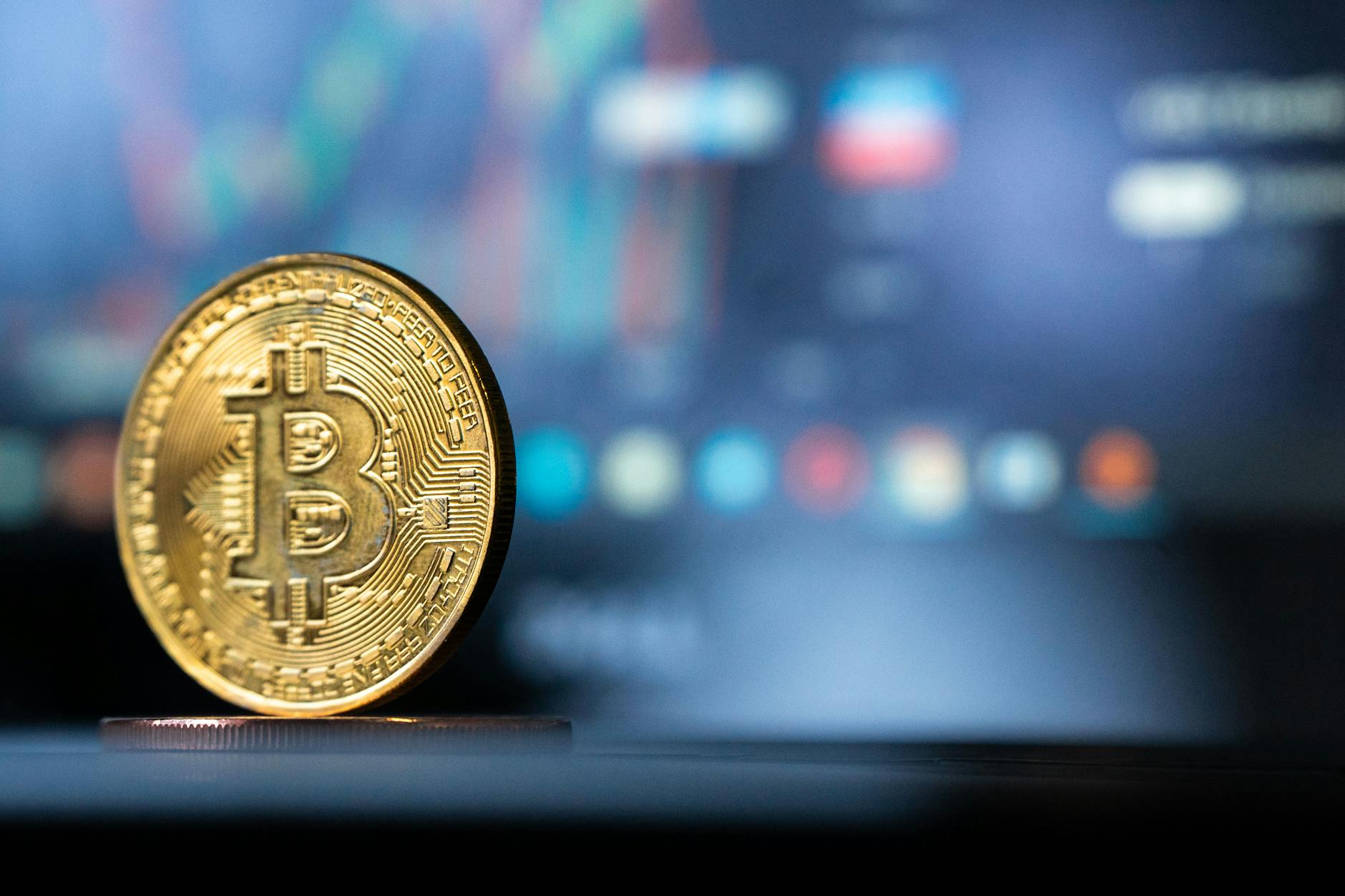Decentralized Finance (DeFi): The Future of Banking

The Rise of DeFi
Decentralized Finance (DeFi) has disrupted traditional banking by offering innovative financial services on blockchain networks. Unlike conventional banks, DeFi platforms operate without intermediaries, providing users with greater transparency, security, and accessibility.
Key Features of DeFi
- Smart Contracts: DeFi utilizes smart contracts to automate transactions, reducing the need for manual intervention.
- Lending and Borrowing: DeFi protocols enable users to lend their assets and earn interest or borrow funds against their collateral.
- Decentralized Exchanges: DeFi platforms offer decentralized exchanges where users can trade various digital assets without relying on a central authority.
The Benefits of DeFi
DeFi offers several advantages, including lower fees, quicker transactions, global accessibility, and increased financial inclusivity. Users can participate in various financial activities without the need for a traditional bank account.
Challenges and Risks
Despite its benefits, DeFi faces challenges such as regulatory uncertainties, security vulnerabilities, and smart contract risks. Users must conduct thorough research and due diligence before participating in DeFi activities to mitigate potential risks.
The Future of Banking
DeFi is paving the way for a more open and accessible financial system. As the ecosystem continues to evolve, traditional banks may need to adapt to the decentralized model or risk becoming obsolete. The future of banking lies in the hands of decentralized finance.





